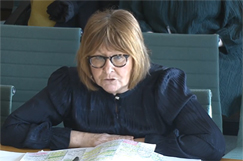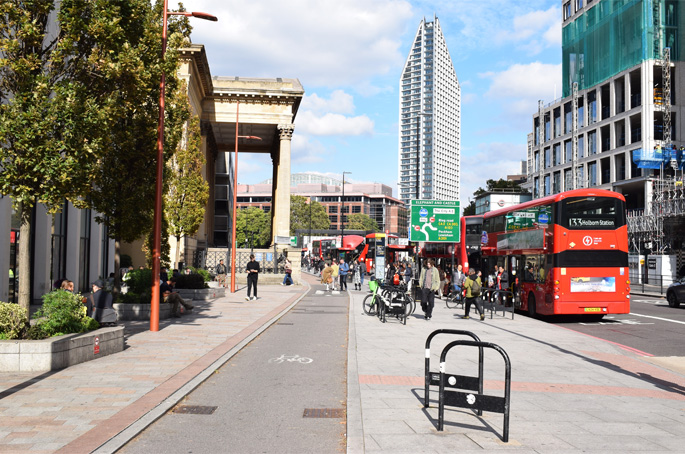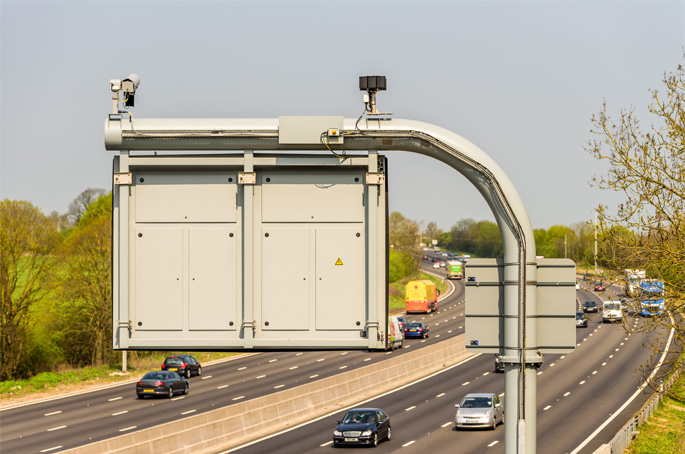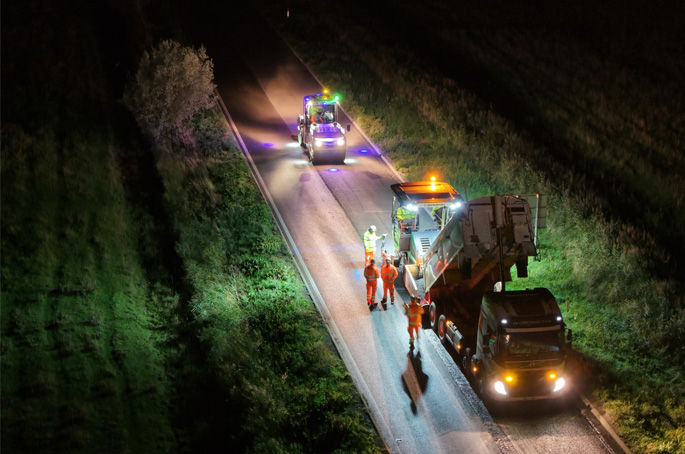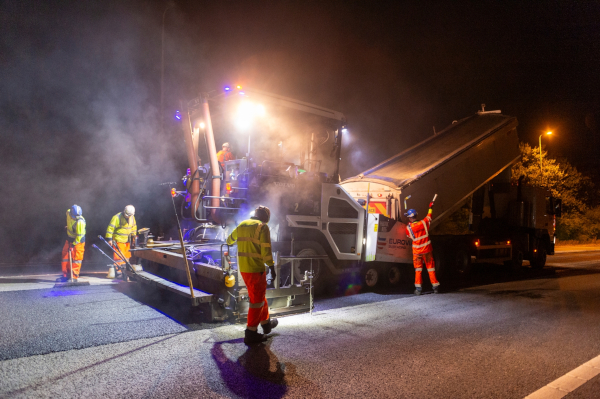The Department for Transport's (DfT) permanent secretary has warned of ‘very limited' headroom for new enhancement projects in the third Road Investment Strategy (RIS 3) due to the cost of projects carried forward from the current roads period.
It follows a call for a rethink of RIS 3 in November from the National Audit Office, which warned that current plans risk splurging taxpayers' cash on low value, high-risk mega projects such as the £9bn Lower Thames Crossing and the £2.4bn A303 Stonehenge scheme.
The NAO said that in RIS 2 ‘less work has been delivered than planned and at a higher cost'.
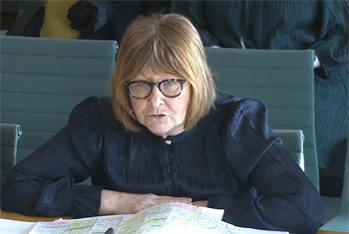
She replied: 'Obviously there are already a number of projects in what we call the RIS3 pipeline, these are very early development projects; it is true that the headroom for new projects in RIS3 will be very limited.'
Dame Bernadette was appearing with National Highways chief executive Nick Harris, and the DfT's director general for roads, places and environment group, Emma Ward, as part of an inquiry into strategic roads investment in England.
Ms Ward added: ‘The makeup of RIS3 may well look a bit different. It is likely that the headroom for enhancements projects is likely to be less.
'We also have an ageing network, so the importance of renewals and maintenance actually increases over time. So I would expect the balance of RIS3 to look somewhat different to RIS2 and the [forthcoming] consultation will begin to set that out.'
Mr Harris said as early as 2021 that under RIS 3 maintenance and renewal would ‘feature very strongly' and that ‘we only going to be able to build roads where they are absolutely essential'.
He told the committee: 'What is really, really important – certainly from my point of view – is we're looking after an ageing set of infrastructure; more than 70% of our assets as we get to the beginning of RIS3 are going to be more than 45 years old.'

